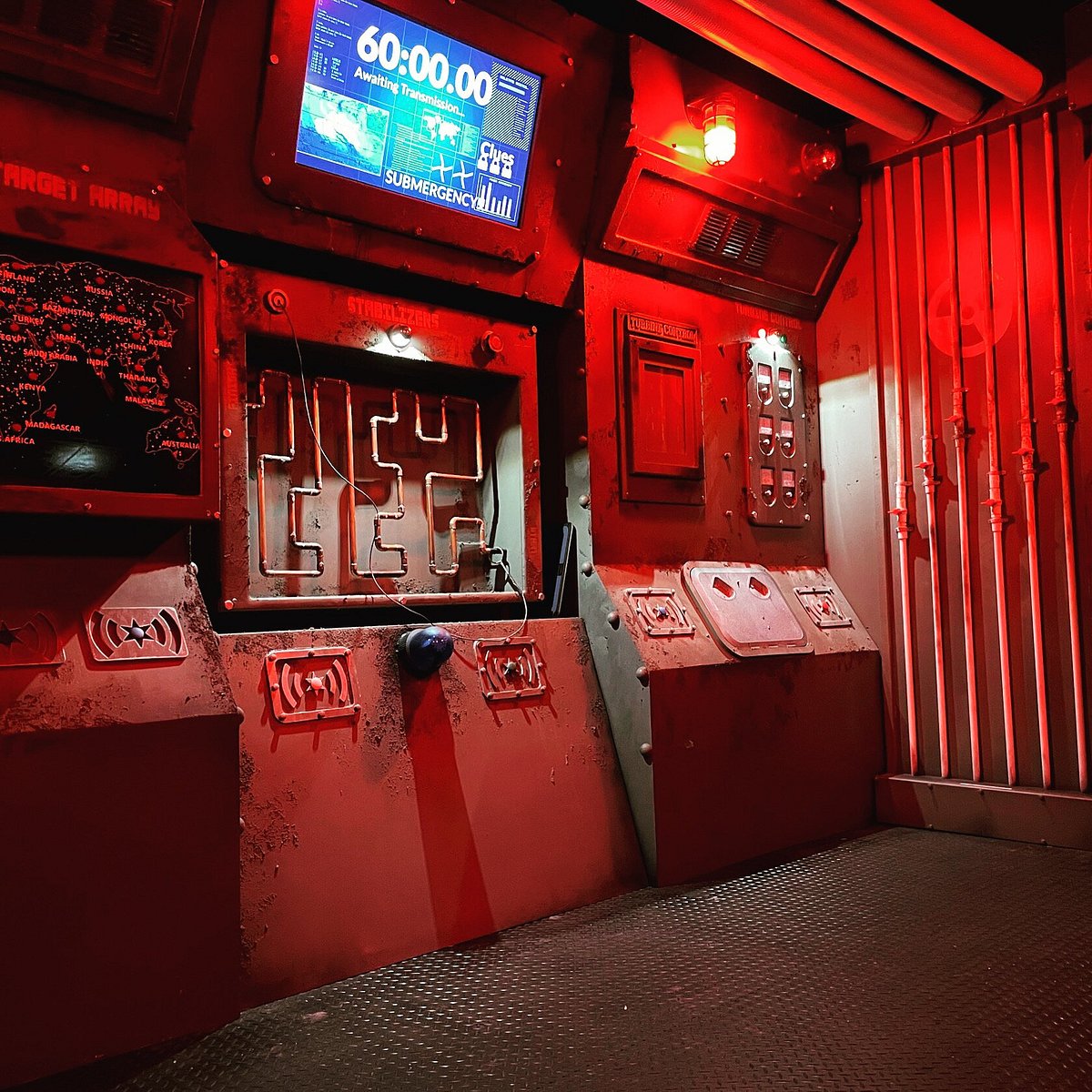Best Escape Room-- Test Your Abilities and Fix the Mystery
Best Escape Room-- Test Your Abilities and Fix the Mystery
Blog Article
Team Approaches: Just How to Work together Effectively in a Getaway Room
Browsing the complexities of an escape area necessitates even more than plain enthusiasm; it needs a well-coordinated strategy grounded in clear communication, critical function assignments, and adept time administration. Groups should proactively pay attention to every member's insights, appoint roles that align with specific strengths, and maintain regular check-ins to make certain emphasis and stop redundancy. By fostering a setting that values cohesion and adaptability, groups can dramatically heighten their effectiveness and success prices. The nuances of these methods can change the experience, but how precisely can they be applied to make the most of the possibility for success?
Establish Clear Communication

To promote clear communication, it is crucial to assign a main point of call for details dissemination. Short, concentrated updates from each group member can keep the group notified without overwhelming them with details.

Assign Duties Tactically
While clear communication establishes the foundation for efficient team effort, assigning functions purposefully makes certain that each employee's staminas are utilized successfully. In an escape area scenario, the time-sensitive and complex nature of obstacles necessitates an efficient approach to job delegation. By identifying and leveraging private expertises, teams can maximize their problem-solving capacities and improve total performance.
A person with an eager eye for information might excel in finding covert items, while a sensible thinker can be much better matched to addressing puzzles. This duty usually requires strong organizational and interpersonal abilities.
Second, guarantee that functions are adaptable and versatile. As brand-new difficulties emerge, the team should be able to pivot, reallocating tasks as required. This adaptability helps maintain energy and protects against bottlenecks that can take place because of rigid role jobs.
Eventually, a tactical approach to role job not just optimizes the strengths of each staff member however also cultivates a cohesive atmosphere, driving the team in the direction of an effective escape.
Use Diverse Abilities
Recognizing and using the diverse skills within your group can significantly raise your performance in an escape room. Each team participant brings distinct toughness to the table, and properly leveraging these capacities can speed up analytical and enhance total efficiency. A team member with solid logical abilities might succeed at decoding intricate codes or patterns, while another with keen empirical abilities might promptly spot hidden ideas that others may forget.
Effective interaction is vital to utilizing these varied skills. Urge team participants to voice their insights and concepts that site promptly, guaranteeing that all possible remedies are thought about. This comprehensive approach promotes a dynamic atmosphere where creative thinking and crucial reasoning can flourish. Additionally, designating jobs that align with each member's strengths can avoid bottlenecks and guarantee that progress is continual.
Moreover, variety in abilities frequently translates to variety in assuming styles, which is invaluable in an escape room setting. While some challenges may call for rational thinking and accuracy, others could take advantage of imaginative and side reasoning. By acknowledging Click This Link and leveraging this variety, groups can attend to a more comprehensive series of challenges better, consequently increasing their possibilities of a successful retreat.
Manage Time Successfully

Determine noticeable challenges and split jobs based on group participants' strengths, making sure that no one is idle. This practice can aid maintain the group focused and protect against time from slipping away undetected.
In addition, avoid Full Article one-track mind. If a puzzle is taking too long, revolve staff member or proceed to one more challenge, returning later on with fresh perspectives. Communication is extremely important-- maintain everyone upgraded on solved puzzles and continuing to be tasks to avoid redundant initiatives.
Last but not least, make use of any hints or ideas sparingly yet tactically - best escape room. Knowing when to ask for assistance can save useful time. By adhering to these time administration principles, groups can significantly improve their opportunities of a successful and satisfying getaway room experience
Debrief and Reflect
Reflection is a necessary facet of group growth and enhancement in the context of getaway rooms. When the difficulty is completed, whether successfully or otherwise, it is important for the group to participate in an organized debriefing session. This procedure enables employee to evaluate their performance, recognize staminas, and determine areas for enhancement.
Start the debrief by discussing what worked out. Highlight specific circumstances of reliable communication, problem-solving, and partnership. Recognizing these positive habits reinforces them and urges their rep in future difficulties.
Discuss moments of confusion, miscommunication, or ineffective methods. Urge an open and positive discussion where group participants can share their perspectives without fear of criticism.
Final Thought
Finally, effective collaboration in a getaway area is based upon clear interaction, critical role tasks, the reliable usage of varied skills, and proficient time monitoring. Regular check-ins and organized debriefings are essential for keeping focus and fostering constant enhancement. By creating a natural and adaptive team environment, the possibility of efficiently addressing challenges and accomplishing the goal of getting away the room is dramatically improved. This technique not only ensures success but additionally promotes collective development and understanding.
Report this page